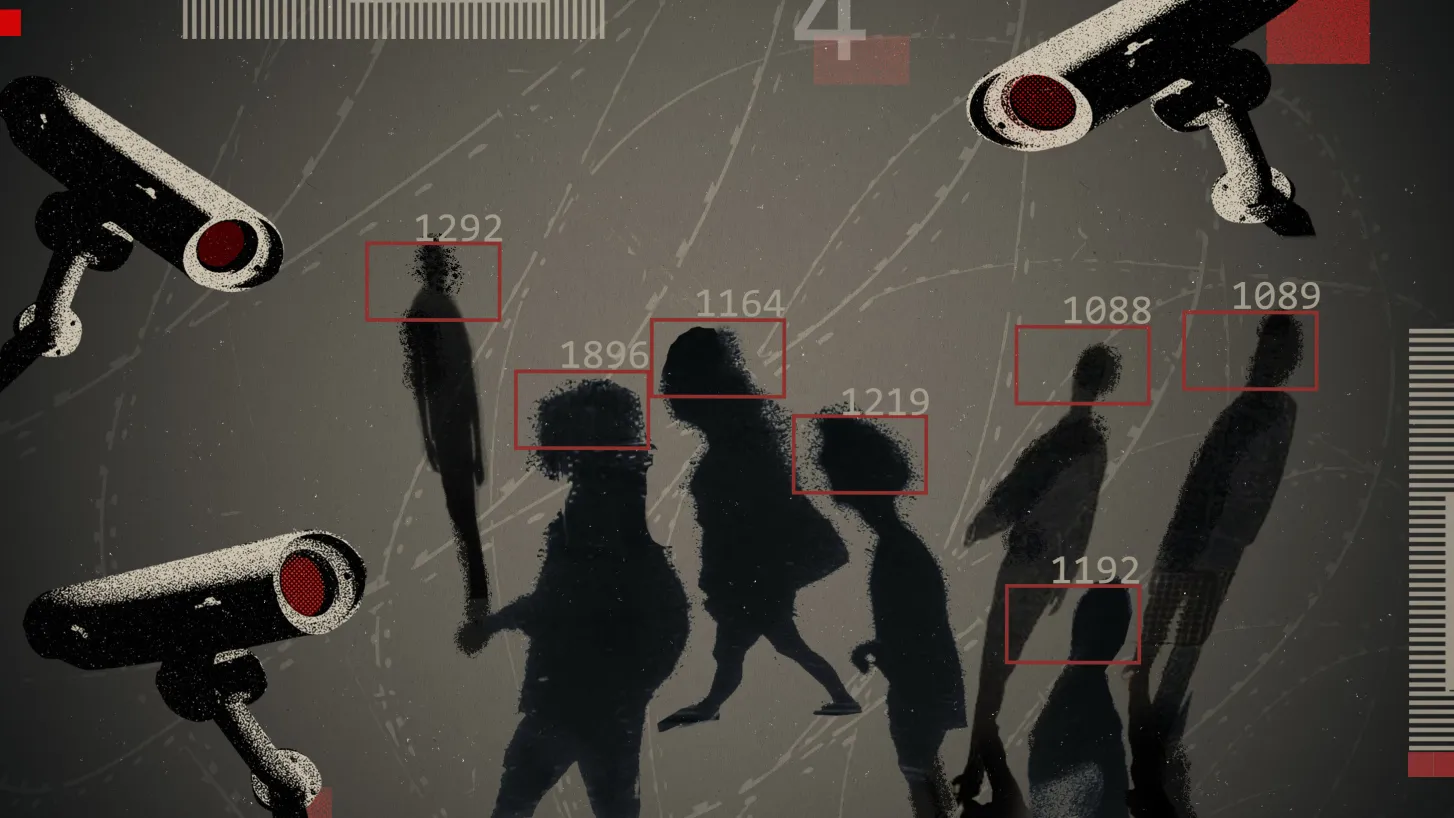This is today’s edition of The Download, our weekday newsletter that provides a daily dose of what’s going on in the world of technology.
Inside OpenAI’s empire: A conversation with Karen Hao
In a wide-ranging Roundtables conversation for MIT Technology Review subscribers, journalist and author Karen Hao recently spoke about her new book, Empire of AI: Dreams and Nightmares in Sam Altman’s OpenAI.
She talked with executive editor Niall Firth about how she first covered the company in 2020 while on staff at MIT Technology Review. They discussed how the AI industry now functions like an empire and went on to examine what ethically-made AI looks like.
Read the transcript of the conversation, which has been lightly edited and condensed. And, if you’re already a subscriber, you can watch the on-demand recording of the event here.
MIT Technology Review Narrated: How did life begin?
How life begins is one of the biggest and hardest questions in science. All we know is that something happened on Earth more than 3.5 billion years ago, and it may well have occurred on many other worlds in the universe as well. Could AI help us to unpick the mysteries around the origins of life and detect signs of it on other worlds?
This is our latest story to be turned into a MIT Technology Review Narrated podcast, which
we’re publishing each week on Spotify and Apple Podcasts. Just navigate to MIT Technology Review Narrated on either platform, and follow us to get all our new content as it’s released.
The must-reads
I’ve combed the internet to find you today’s most fun/important/scary/fascinating stories about technology.
1 xAI’s Grok went on an anti-Semitic rant
Days after Elon Musk said new updates would lessen its reliance on mainstream media. (WP $)
+ The chatbot started to call itself ‘MechaHitler.’ (WSJ $)
+ What Grok’s neo-Nazi turn tells us about xAI. (The Atlantic $)
2 Musk loyalists are fighting to keep DOGE running
As officials seek to diminish the department’s role. (WSJ $)
+ DOGE’s tech takeover threatens the safety and stability of our critical data. (MIT Technology Review)
3 An imposter used AI to successfully impersonate Marco Rubio
They were able to send voice and text messages to fellow politicians. (WP $)
+ It’s not the first time Rubio has been targeted like this. (FT $)
4 Terrorist groups are using AI to recruit and plan
Counter-terror agencies are struggling to keep up. (The Guardian)
5 How the crypto faithful won over the President
The industry’s successful Trump courtship sparked a lobbying bonanza. (NYT $)
6 Wanted: 115,000 Nvidia chips for China’s data centers
But the US doesn’t seem to know how many restricted chips are already in the country. (Bloomberg $)
7 For startups, protecting companies from AI threats isn’t big business
Smaller firms are only making modest gains—for now. (The Information $)
+ Cyberattacks by AI agents are coming. (MIT Technology Review)
8 Inside Zimbabwe’s dangerous EV lithium mines
Many residents worry that China is exploiting them. (Rest of World)
+ How one mine could unlock billions in EV subsidies. (MIT Technology Review)
9 ‘The Milk Guy’ is delivering raw dairy around NYC
Mmm, delicious listeria, salmonella, and E. coli. (NY Mag $)
+ RFK Jr barred Democrats from being vaccine advisors. (Ars Technica)
+ The Department of Health and Human Services is searching for two new vaccines against deadly viruses. (Undark)
10 Take a look at these beautiful star clusters
Courtesy of the Hubble Space Telescope and the James Webb Space Telescope. (Ars Technica)
+ See the stunning first images from the Vera C. Rubin Observatory. (MIT Technology Review)
“People are going to die.”
—Clement Nkubizi, the country director for the nonprofit Action Against Hunger in South Sudan, tells Wired that their food stock is running critically low in the wake of USAID cuts.
One more thing
The world is moving closer to a new cold war fought with authoritarian tech
Despite President Biden’s assurances that the US is not seeking a new cold war, one is brewing between the world’s autocracies and democracies—and technology is fueling it.
Authoritarian states are following China’s lead and are trending toward more digital rights abuses by increasing the mass digital surveillance of citizens, censorship, and controls on individual expression.
And while democracies also use massive amounts of surveillance technology, it’s the tech trade relationships between authoritarian countries that’s enabling the rise of digitally enabled social control. Read the full story.
—Tate Ryan-Mosley
We can still have nice things
A place for comfort, fun and distraction to brighten up your day. (Got any ideas? Drop me a line or skeet ’em at me.)
+ The UK is deep in the grip of Oasis-mania right now.
+ Take a look back over the legacy of iconic Indian director and actor Guru Dutt.
+ These are the best foods to help keep you hydrated in this heat.
+ Artificial flowers are cool now? Hmm 
